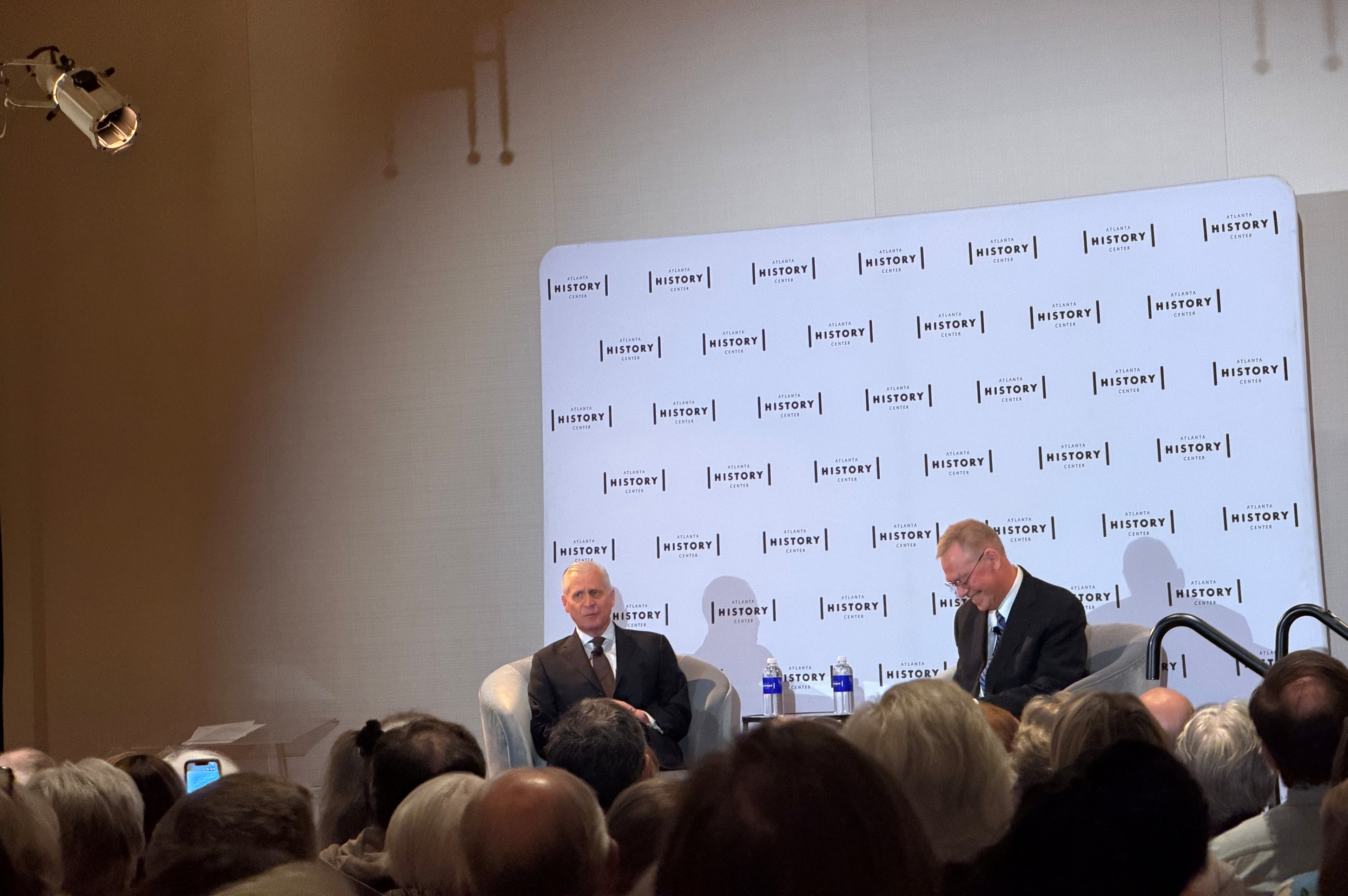Why the 'kids' table' might be better than the main GOP debate Thursday

The field is set for tomorrow night's first GOP 2016 debate, and I wonder if I'm alone in thinking the undercard might be the more interesting event.
First let's look at the primetime debate, which will air from 9 p.m. to 11 p.m. on Fox News Channel. The 10 highest-ranked candidates according to a poll average determined by Fox will participate (in alphabetical order): Jeb Bush, Benjamin Carson, Chris Christie, Ted Cruz, Mike Huckabee, John Kasich, Rand Paul, Marco Rubio, Donald Trump and Scott Walker. Two hours divided by 10 candidates yields 12 minutes per candidate -- before, of course, we subtract time for the opening pomp and circumstance, the asking of questions and commercials. So each candidate is likely to get less than 10 minutes, though I'd like you to keep that 12-minute figure in mind when we get to the undercard.
The story of this debate has pretty much already been written: Will Trump get the best of the other nine candidates, or will they get the best of him? The billionaire businessman has already swallowed up more than a third of the news airtime the three major broadcast networks (ABC, CBS, NBC) have devoted to Republican candidates since Jan. 1, even though he's only been a prominent figure in the campaign for about two months now. Such airtime -- campaigns call it "earned media" vs. the kind they have to pay for -- is vital oxygen to campaigns, and Trump is taking up a disproportionate share of it. The 15 candidates not named Trump or Bush have gotten only 40 percent of the airtime combined. (The piece I linked with that information makes a case that Trump hasn't harmed the other candidates because he's merely increased the time the networks devote to the campaign at all. To buy this rising-tide-lifts-all-boats theory, I'd have to see how coverage increased, or didn't, at this stage of the campaign in previous elections.)
So whether the other candidates overtly try to bring Trump down a peg or not, the narrative will be all about Trump's standing after the debate vs. before it. It will take something truly memorable from another candidate to stick in the collective consciousness as much or more than Trump's performance either way. The men thought to be likeliest to win the nomination -- Bush, Rubio and Walker -- are probably even more likely than usual to play it safe in such an early debate. If Trump plays it safe, too, this debate could fail to live up to the growing hype.
Turning to the undercard, let me say first off that I don't expect it to (ahem) trump the primetime event in subsequent coverage. What I am about to say applies more to the political junkies who will watch every minute of each event, are open to a range of candidates, and really want to learn as much as possible about as many of them as they can. People like me and my blog readers :-)
The seven candidates in this forum -- Carly Fiorina, Jim Gilmore (a former Virginia governor), Lindsey Graham, Bobby Jindal, George Pataki, Rick Perry and Rick Santorum -- strike me as much likelier to take some risks, in the hopes of surpassing one or two candidates above them to reach the top 10. They'll get 90 minutes (starting at 5 p.m., also on Fox News), which divided by seven (and not accounting for the other elements of the broadcast) comes out to almost 13 minutes each. So they could get slightly more time on camera, and that time could seem even more prominent because it is shared with six other people rather than nine.
Further, this field features a candidate who's never served in office and is getting a stronger-than-expected look in Iowa and New Hampshire in Fiorina; an unknown wild card in Gilmore; a defense hawk in Graham; probably the smartest and arguably the most accomplished candidate in Jindal; a blast from the past and moderate in Pataki; another highly experienced candidate who has been the most outspoken about some of the GOP's pressing issues in Perry; and a social-issues warrior and runner-up in 2012 in Santorum. That's not your typical group of also-rans. It's a group that in some ways is more ideologically diverse than the primetime group, at the very least in the issues they choose to press, and the nature of their event makes them a bit more likely to delve into those issues rather than attacking a surprising front-runner. This event has been derided as the "kids' table," but that's an unfair slight to some serious people. I'll also be curious to see if any of the undercard participants get asked by the networks to go on after the primetime debate ends, or first thing Friday morning, to critique their rivals' performance.
I could easily see Fiorina, Perry and perhaps Jindal making the kind of impression that gives them a little boost in the polls. And with so many tightly bunched candidates, a little boost could have a significant impact. I'll say this much: The more I think about it, the more I think I need to watch this one as intently as the primetime event.


